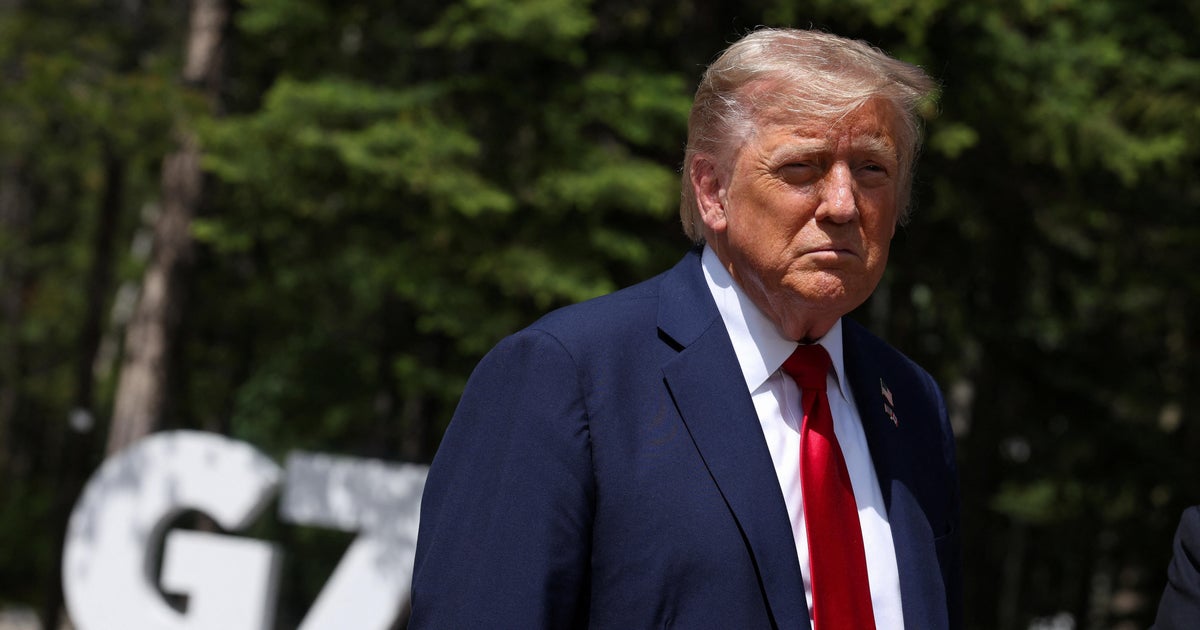President Trump’s flurry of recent presidential pardons has cost crime victims and taxpayers approximately $1.3 billion in restitution and payments, according to a review by House Judiciary Democrats.
The pardons absolved hundreds of convicted criminals from having to pay for damages and restitution caused by their crimes. Victims have not been made whole, the Democrats said — including U.S. taxpayers who must now foot the bill for the millions of dollars in repairs and cleanup from the Jan. 6, 2021, assault on the Capitol.
The Judiciary Committee Democrats’ investigation, led by Rep. Jamie Raskin, a Maryland Democrat, also cited several multi-million dollar restitution payments that were cancelled by Trump’s recent pardons. The committee’s review said, “with a far greater financial effect, President Trump’s pardon spree has also swept in big-time corporate fraudsters, millionaire tax evaders, and other white-collar criminals. Thanks to President Trump’s pardons, these convicted criminals now get to keep $1.3 billion in ill-gotten gains they stole from their victims and American taxpayers.”
The Judiciary Committee Democrats said Mr. Trump’s pardons absolved restitution payments to victims by Todd Chrisley, a former reality TV show star pardoned last month. Chrisley, who was freed from a 12-year prison sentence for tax and bank fraud, had been ordered make $17.7 million in restitution payments. Chrisley had denied all charges brought against him.
The president’s commutation of former media mogul Carlos Watson not only spared Watson from a 9-year prison term, but also freed Watson from $36.7 million in restitution payments to investors he defrauded when he misrepresented the financial health of his digital start-up, Ozy Media. Watson had pleaded not guilty to all charges. Mr. Trump’s commutation of Watson used language that mirrored the orders used in other orders of clemency. The commutation commanded, “An immediate commutation of his entire sentence to time served, with no further fines, restitution, probation or other conditions.”
The same language, cancelling any further restitution payments, was used in Trump’s issuance of clemency to Lawrence Duran, the former owner of a Miami health care company who pleaded guilty to a $205 million Medicare fraud scheme. According to the House Judiciary Committee Democrats’ report, the clemency endangered as much as $87 million in restitution payments.
The report said Trump’s decision to relieve the convicted criminals of their restitution requirements was damaging to the victims and to the uniquely American system of presidential pardons.
“A president always has the option of issuing a conditional pardon that requires the pardon applicant to pay all restitution in order to receive the full benefits of the pardon,” the report said.
White House spokesman Harrison Fields responded Monday to the House Democrats’ report in a statement: “President Trump is righting the wrongs of political prosecutions and providing justice after careful consideration of thoroughly vetted cases presented to him.” He also said Democrats “were conveniently silent” when President Biden “pardoned his tax-cheating son, and they have no standing to cry foul now.”
The report cited CBS News’ reporting showing only a fraction of the restitution payments were collected from Capitol rioters before the president’s controversial Inauguration-Day pardons and commutations of Jan. 6 rioters. Only 15% of the $3 million in damages to the Capitol complex was recovered through restitution payments by Capitol riot defendants when the president issued the widespread pardons, absolving further payments.
Some of the convicted rioters have recently sought reimbursement for their restitution payments, citing the president’s pardons. Restitution payments were a standard component of Justice Department sentencing recommendations in Jan. 6 cases, with $2,000 payments sought from felony defendants and $500 payments sought for misdemeanor defendants. But Mr. Trump’s newly appointed Justice Department officials are not challenging some of the requests for reimbursements from riot defendants.
The report also cited fine payments from pardoned criminals. In the case of Scott Jenkins, a former Culpeper County, Virginia, sheriff who was convicted by a jury for a bribery scheme, the report said a $600 fine payment was absolved by the pardon. Jenkins, a longtime vocal Trump surrogate, was pardoned a day before he was scheduled to report to prison for a brazen scheme in which he took cash bribes in exchange for badges. Some of the bribe payments were captured on video and shown to jurors who promptly convicted Jenkins in December.
